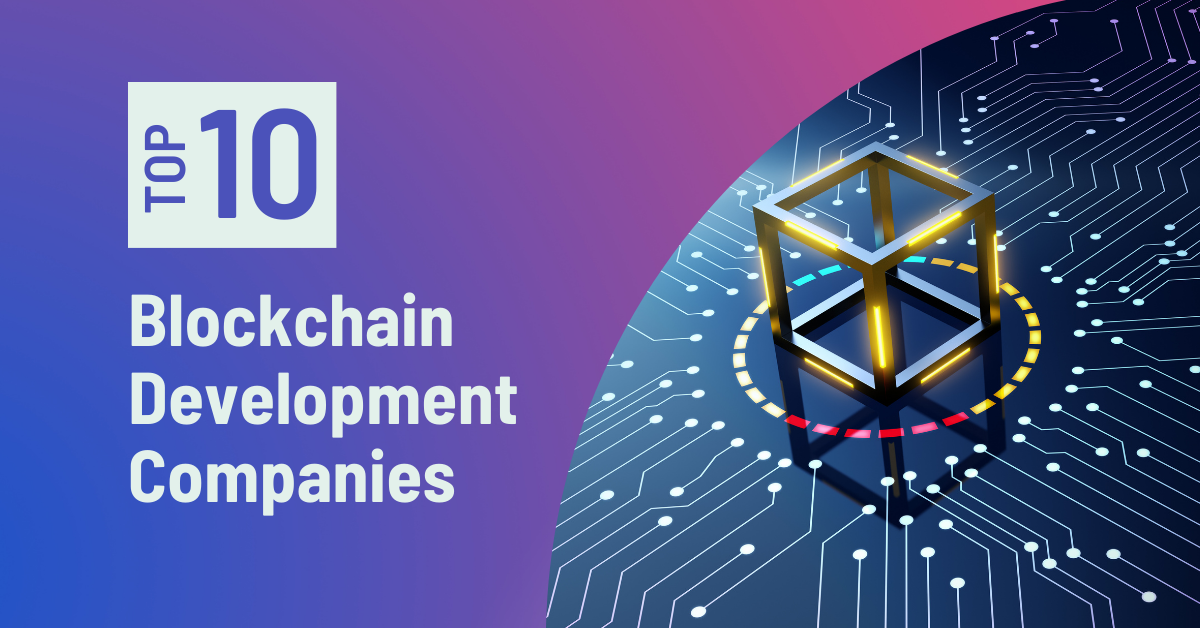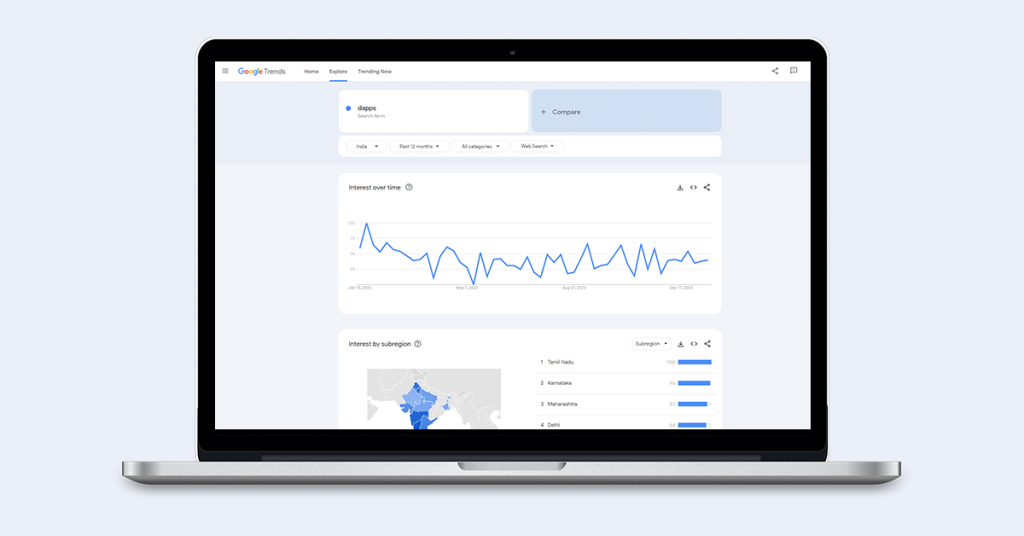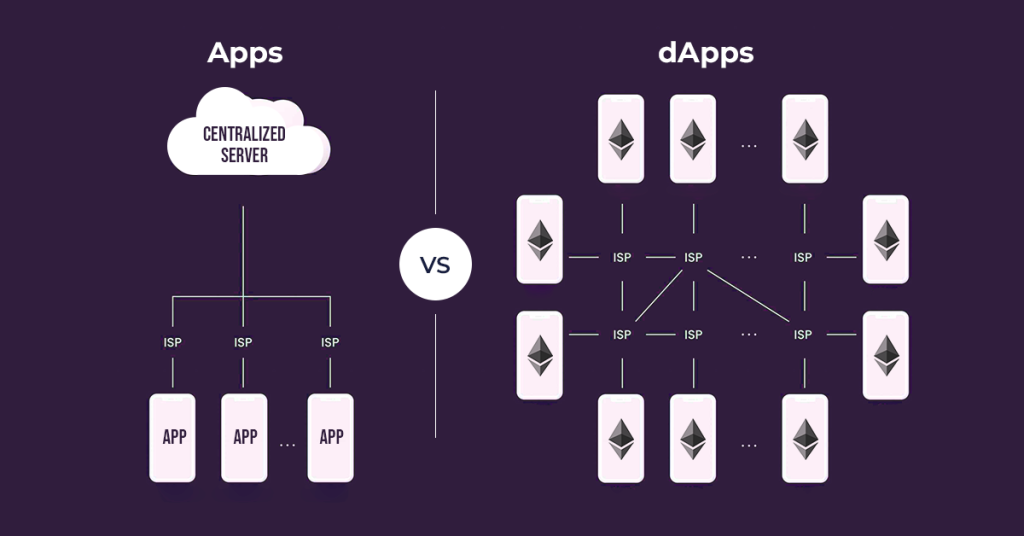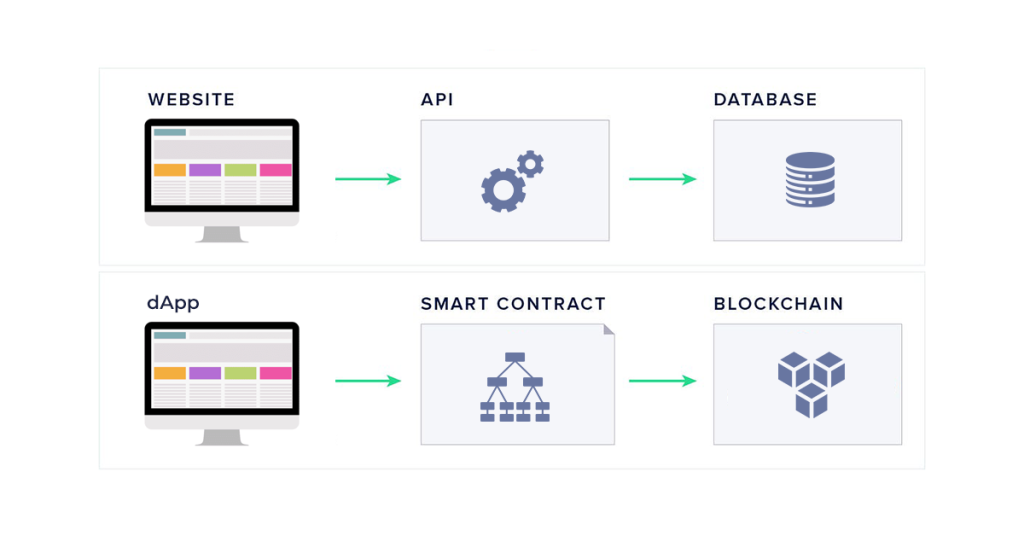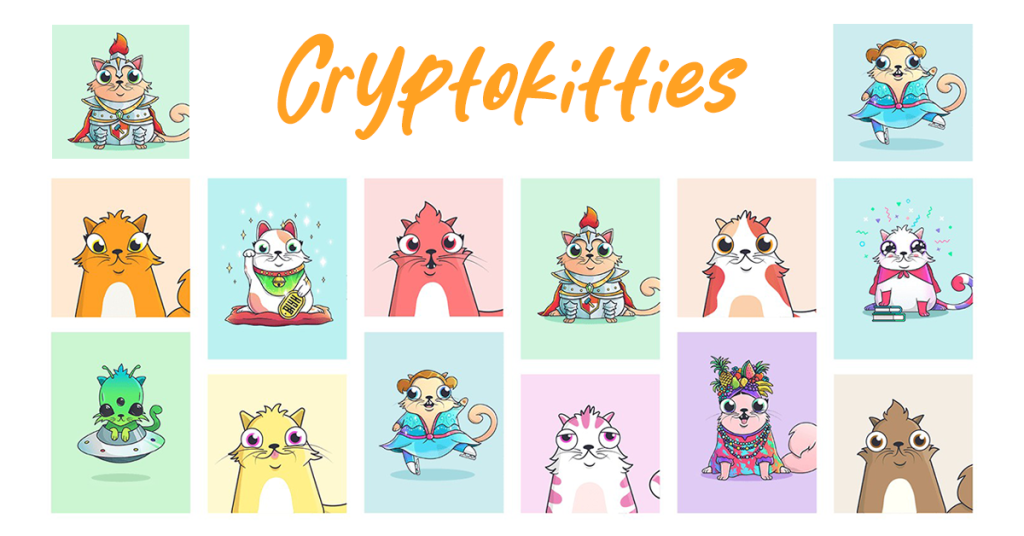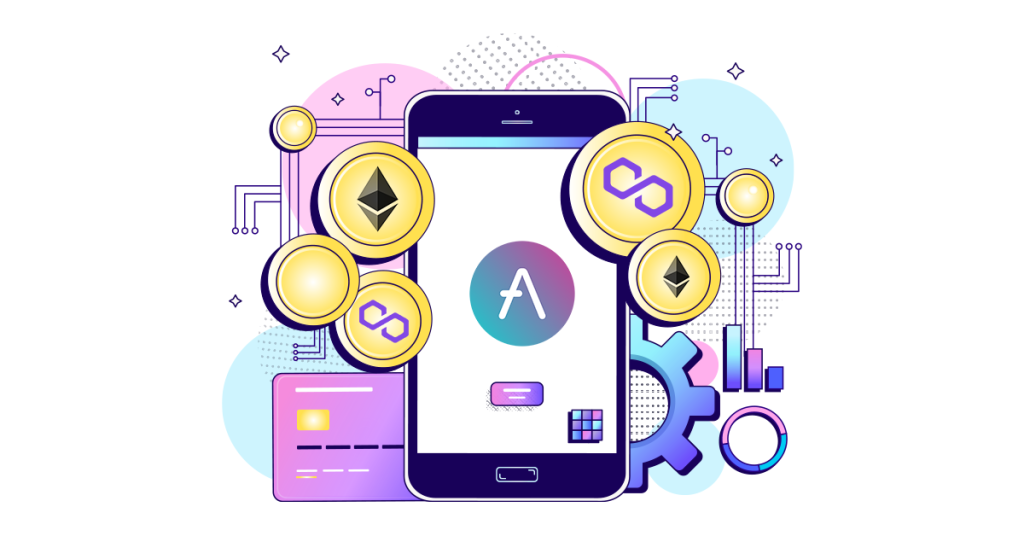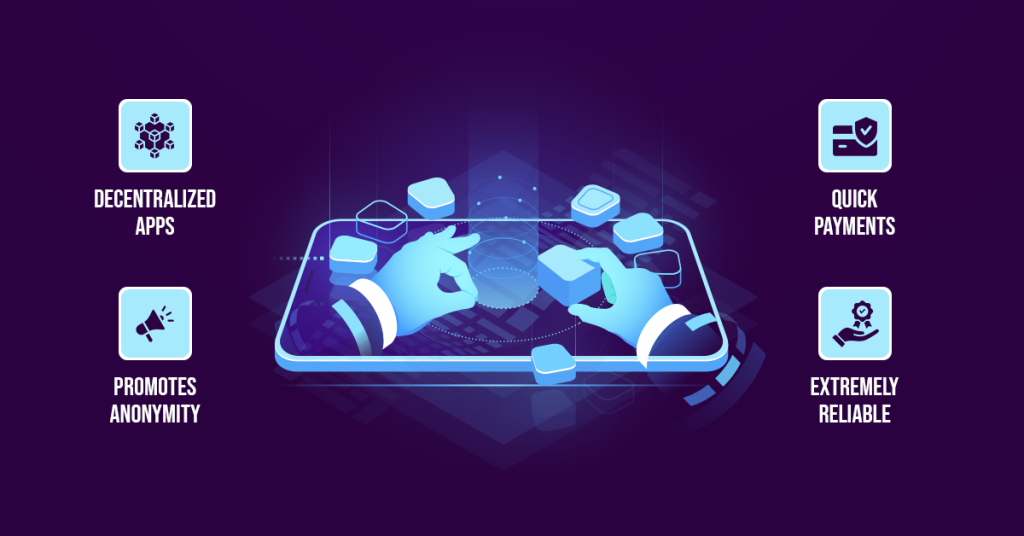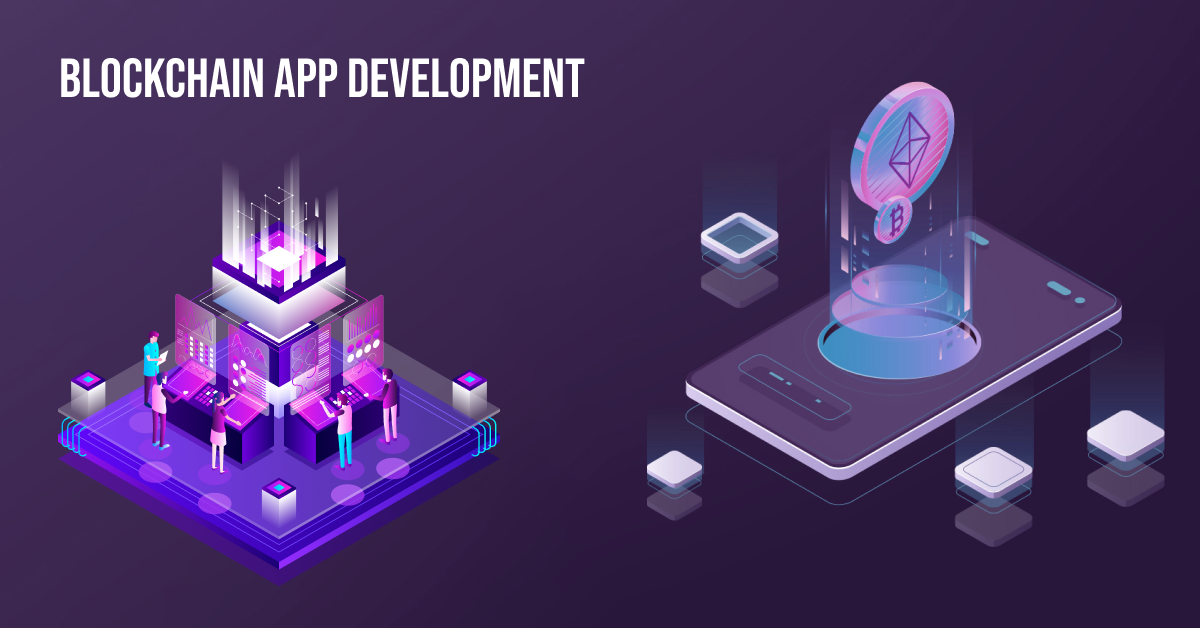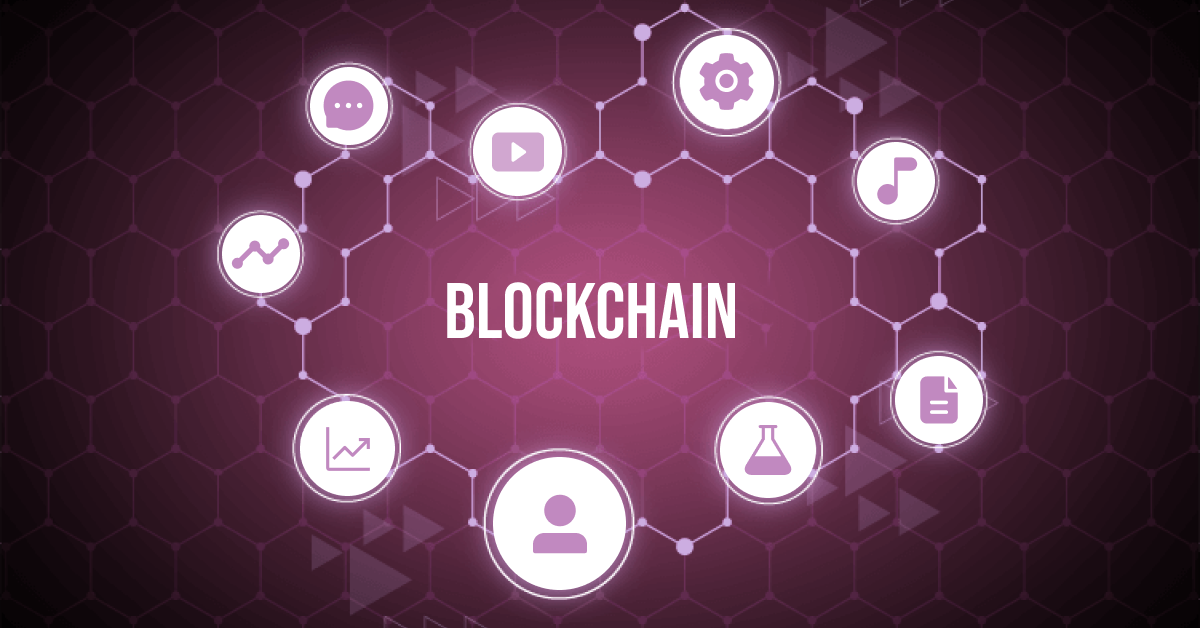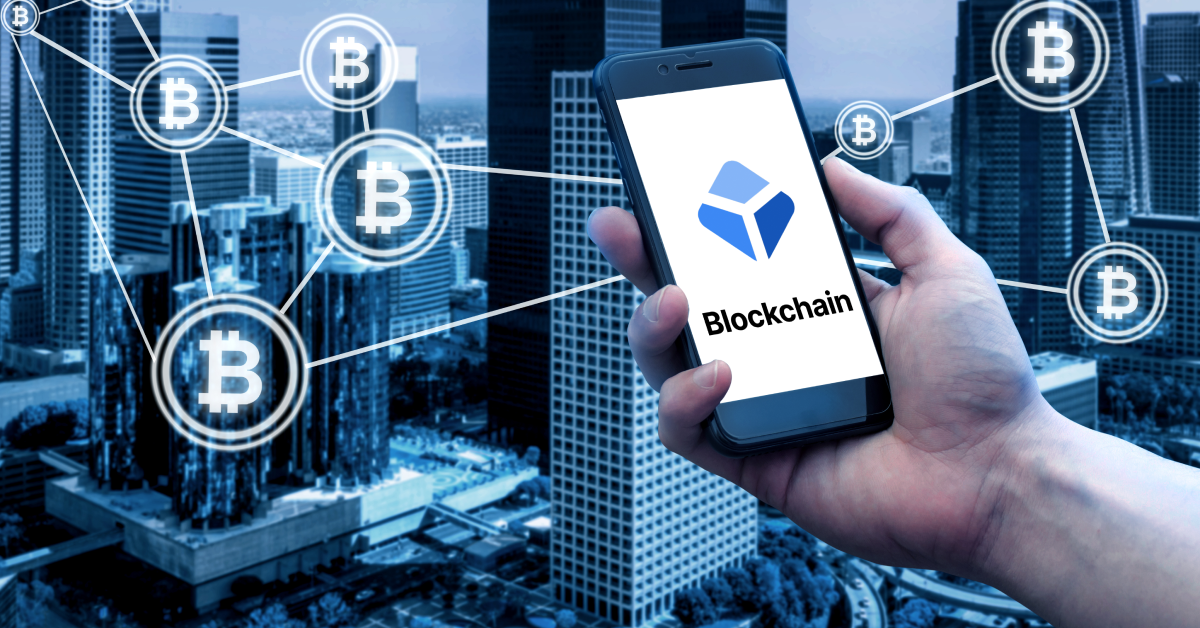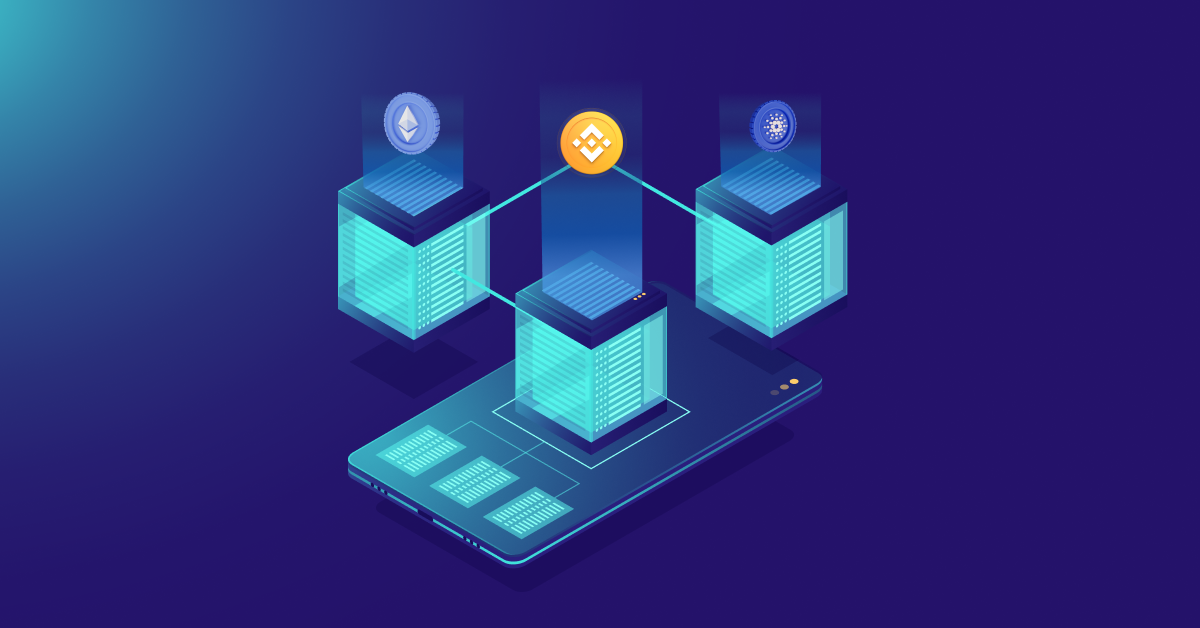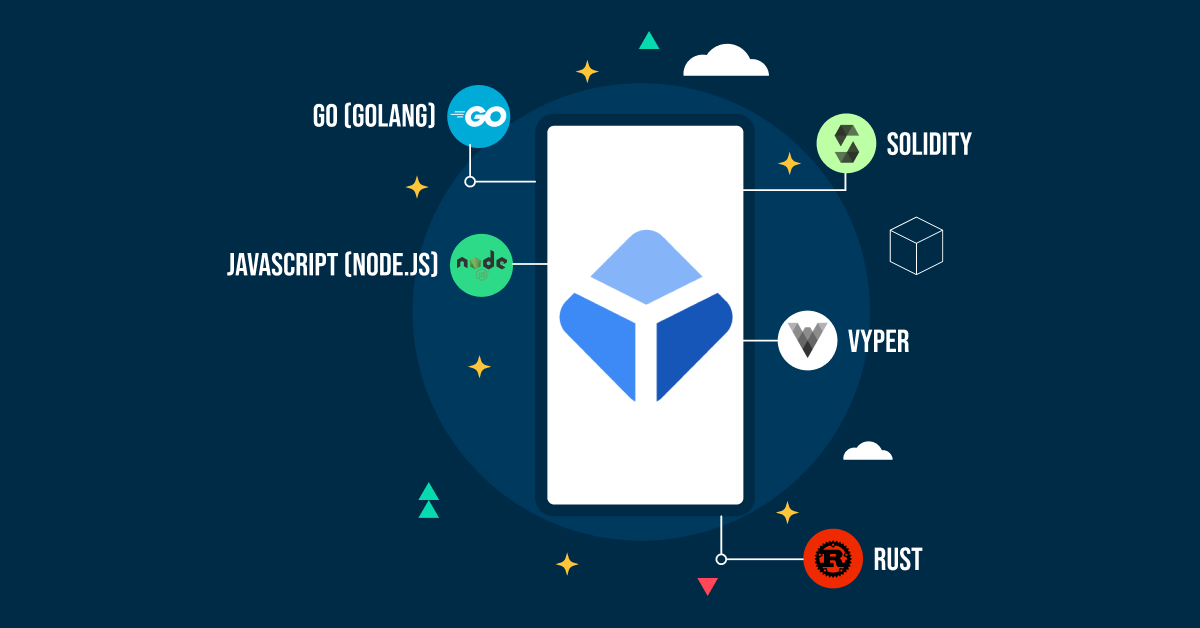In an era where technology reshapes industries at breakneck speed, blockchain stands out as a beacon of innovation. As we look towards 2025, the demand for cutting-edge solutions in this revolutionary field continues to soar. Businesses are keen on leveraging the transformative potential of blockchain to enhance security, transparency, and efficiency. India has emerged as a significant player in this landscape, boasting a dynamic ecosystem of skilled developers and visionary companies.
In this article, we explore the best blockchain development company in India, delving into their unique offerings and how they are pioneering new standards in the sector. Join us as we uncover the key factors driving their success and the innovative projects setting them apart. Whether you’re a startup seeking guidance or an enterprise exploring integration, discover how this company is shaping the future of blockchain technology in India and beyond.
Key Features to Look for in a Blockchain Development Company
When selecting a blockchain development company, several key features are critical to ensuring a successful partnership. First and foremost, technical expertise is paramount. The company should possess a deep understanding of blockchain technology, encompassing various frameworks such as Ethereum, Hyperledger, and Corda. Their proficiency in smart contract development, decentralized application (dApp) creation, and blockchain integration should be evident through their portfolio of completed projects. This technical prowess ensures that they can handle complex requirements and deliver high-quality solutions tailored to your business needs.
Another crucial feature is the company’s commitment to innovation. The blockchain landscape is rapidly evolving, and staying ahead of the curve requires a forward-thinking approach. A top-tier blockchain development company should be actively engaged in research and development, exploring new use cases and technologies to push the boundaries of what is possible. This innovative mindset not only keeps them at the forefront of the industry but also provides their clients with cutting-edge solutions that deliver a competitive advantage.
Furthermore, a customer-centric approach is essential. The best blockchain development companies prioritize understanding their clients’ unique challenges and goals. They should offer comprehensive consulting services to help businesses navigate the complexities of blockchain adoption, from initial strategy formulation to full-scale implementation. Transparent communication, regular updates, and a collaborative working style are indicative of a company that values its clients and strives to deliver exceptional results.
The Rise of Blockchain Development Companies in India
India has firmly established itself as a global hub for technology and innovation, and the rise of blockchain development companies is a testament to this prowess. The country’s vast pool of skilled software engineers, coupled with a burgeoning ecosystem of startups and tech giants, has created fertile ground for blockchain innovation. Indian developers are renowned for their technical acumen and adaptability, making them well-suited to tackle the complexities of blockchain technology.
Government support and a favorable regulatory environment have further fueled the growth of blockchain development in India. Initiatives such as the Digital India campaign and the blockchain policy framework have created a conducive atmosphere for tech startups and enterprises to explore blockchain solutions. This proactive stance has encouraged investment in blockchain projects, resulting in a surge of companies dedicated to this transformative technology.
Additionally, India’s diverse economy offers a wealth of opportunities for blockchain applications across various sectors. From finance and healthcare to supply chain management and agriculture, blockchain solutions are being explored to address industry-specific challenges. This diversity not only showcases the versatility of blockchain technology but also highlights the innovative spirit of Indian companies in developing tailored solutions that drive efficiency, transparency, and security.
Best Blockchain Development Company in India: Deftsoft
Among the myriad of blockchain development companies in India, Deftsoft stands out as a leader in innovation and excellence. With a strong track record of delivering high-quality blockchain solutions, Deftsoft has garnered a reputation for being at the forefront of the industry. Their expertise spans various blockchain frameworks, including Ethereum, Hyperledger, and Corda, enabling them to cater to a wide range of business needs.
Deftsoft’s commitment to innovation is evident in their approach to blockchain development. They are continually exploring new technologies and methodologies to enhance their service offerings. Their research and development team is dedicated to staying ahead of industry trends, ensuring that clients benefit from the latest advancements in blockchain technology. This forward-thinking approach positions Deftsoft as a trusted partner for businesses looking to leverage blockchain for competitive advantage.
What sets Deftsoft apart is their customer-centric philosophy. They prioritize understanding each client’s unique requirements and challenges, offering personalized solutions that align with their strategic goals. Their comprehensive consulting services guide businesses through every stage of blockchain adoption, from initial planning to full-scale deployment. This collaborative approach, combined with their technical expertise, ensures that clients receive exceptional value and impactful results.
Innovations and Trends in Blockchain Development
The blockchain landscape is continuously evolving, driven by technological advancements and innovative applications. One of the most significant trends is the rise of decentralized finance (DeFi). DeFi platforms leverage blockchain technology to offer financial services such as lending, borrowing, and trading without intermediaries. This trend is revolutionizing the financial sector by providing greater accessibility, transparency, and efficiency, and Indian blockchain companies are at the forefront of developing cutting-edge DeFi solutions.
Another notable trend is the integration of blockchain with the Internet of Things (IoT). The combination of these technologies creates a powerful synergy, enabling secure and transparent data sharing between interconnected devices. This integration has vast potential across industries, from enhancing supply chain transparency to improving healthcare data management. Indian blockchain developers are pioneering innovative IoT-blockchain solutions, driving advancements in automation and data security.
The concept of non-fungible tokens (NFTs) has also gained significant traction. NFTs represent unique digital assets that can be bought, sold, and traded on blockchain platforms. This trend has transformed the art, gaming, and entertainment industries by providing new avenues for creators to monetize their work. Indian blockchain companies are actively exploring NFT development, creating platforms that empower artists and collectors with secure and transparent marketplaces.
How to Choose the Right Blockchain Development Partner
Selecting the right blockchain development company is crucial for the success of your project. Begin by evaluating the company’s technical expertise and experience. Review their portfolio to assess their proficiency in various blockchain frameworks and their ability to deliver complex solutions. Case studies and client testimonials can provide valuable insights into their track record and the quality of their work.
Consider the company’s approach to innovation. A forward-thinking partner should be actively engaged in research and development, exploring new technologies and trends. Their commitment to innovation ensures that your project benefits from the latest advancements in blockchain technology. Additionally, inquire about their involvement in industry conferences and forums, as this indicates their dedication to staying abreast of industry developments.
Communication and collaboration are also critical factors. Choose a company that values transparent communication and involves you in every stage of the project. Their willingness to understand your business goals and tailor solutions accordingly is a sign of a customer-centric approach. Regular updates and a collaborative working style contribute to a smooth and successful partnership, ensuring that your project is delivered on time and to your satisfaction.
Why Choose Deftsoft For Best Blockchain Development Services
Deftsoft is a standout choice for blockchain development services, offering a unique combination of technical expertise, innovation, and customer-centricity. Their deep understanding of blockchain technology, including proficiency in Ethereum, Hyperledger, and Corda, enables them to deliver high-quality solutions tailored to diverse business needs. Their extensive portfolio of successful projects showcases their ability to handle complex requirements and deliver impactful results.
Innovation is at the core of Deftsoft’s approach. Their dedicated research and development team is continually exploring new technologies and methodologies to enhance their service offerings. This commitment to staying ahead of industry trends ensures that clients benefit from cutting-edge blockchain solutions that provide a competitive advantage. Whether it’s developing DeFi platforms, integrating blockchain with IoT, or NFT marketplace Development, Deftsoft is at the forefront of blockchain innovation.
What truly sets Deftsoft apart is their customer-centric philosophy. They prioritize understanding each client’s unique challenges and goals, offering personalized solutions that align with their strategic objectives. Their comprehensive consulting services guide businesses through every stage of blockchain adoption, from initial strategy formulation to full-scale implementation. This collaborative approach, combined with their technical expertise, ensures that clients receive exceptional value and impactful results.
Conclusion: Embracing Blockchain for Business Growth in 2025
As we look towards 2025, the transformative potential of blockchain technology is undeniable. Businesses across industries are increasingly recognizing the benefits of blockchain in enhancing security, transparency, and efficiency. India, with its dynamic ecosystem of skilled developers and visionary companies, is at the forefront of this revolution. Among these companies, Deftsoft stands out as a leader in innovation and excellence, driving the adoption of blockchain technology across diverse sectors.
Embracing blockchain technology requires a strategic approach and the right development partner. Deftsoft’s combination of technical expertise, commitment to innovation, and customer-centric philosophy makes them an ideal choice for businesses looking to leverage blockchain for competitive advantage. Their comprehensive service offerings, from consulting to full-scale implementation, ensure that clients receive tailored solutions that drive impactful results.
In conclusion, the future of blockchain technology in India is bright, and companies like Deftsoft are paving the way for widespread adoption and innovation. Whether you’re a startup seeking guidance or an enterprise exploring integration, partnering with a leading blockchain development company like Deftsoft can position your business for success in the rapidly evolving digital landscape. Embrace blockchain for business growth and stay ahead of the curve in 2025 and beyond.
FAQs
Q: What is blockchain technology?
A: Blockchain is a decentralized digital ledger that records transactions across multiple computers securely and transparently. It ensures data integrity and eliminates the need for intermediaries.
Q: Why is blockchain important for businesses?
A: Blockchain enhances security, transparency, and efficiency in business processes. It reduces fraud, streamlines operations, and provides a tamper-proof record of transactions.
Q: How can Deftsoft help with blockchain development?
A: Deftsoft offers comprehensive blockchain development services, including consulting, smart contract development, dApp development, and blockchain integration. They provide tailored solutions to meet specific business needs.
Q: What industries can benefit from blockchain technology?
A: Blockchain has applications across various industries, including finance, healthcare, supply chain management, agriculture, and entertainment. It addresses industry-specific challenges and drives efficiency and transparency.
Q: What are the latest trends in blockchain development?
A: Key trends include decentralized finance (DeFi), blockchain integration with the Internet of Things (IoT), and the rise of non-fungible tokens (NFTs). These trends are driving innovation and transforming industries.

